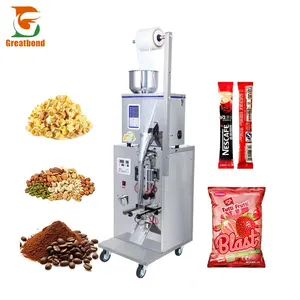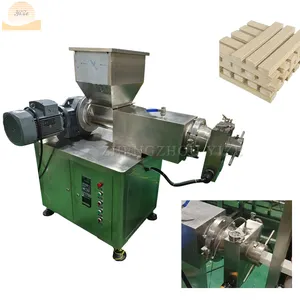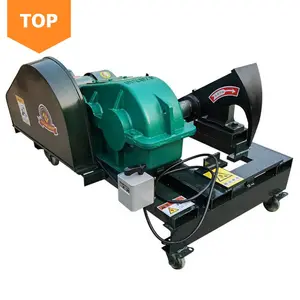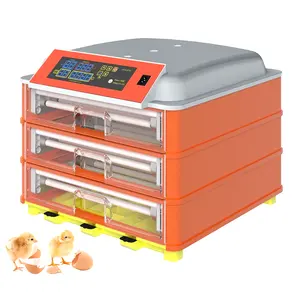Popular in your industry





















































































































































































































Top categories
About mini gears
Introduction to Mini Gears
Mini gears are compact mechanical devices used to transmit power and motion between parallel shafts in machinery. These small but essential components play a crucial role in various industries, including automotive, robotics, and electronics. Mini gears come in different types, such as spur, helical, bevel, and worm gears, each designed for specific applications.
Design and Functionality of Mini Gears
The design of mini gears is intricate, with precise tooth configurations to ensure smooth and efficient power transmission. These gears are manufactured using high-quality materials like stainless steel, brass, or aluminum to ensure durability and longevity. Mini gears operate by meshing the teeth of two gears to transfer rotational motion from one shaft to another, providing speed reduction or increase as needed.
Technical Specifications of Mini Gears
Mini gears are available in a wide range of sizes, tooth configurations, and ratios to suit diverse machinery requirements. The specifications of mini gears include pitch diameter, pressure angle, face width, and module, which determine their compatibility with specific shafts and applications. Additionally, mini gears can be customized based on torque, speed, and noise requirements for optimal performance.
Advantages of Mini Gears
Mini gears offer several advantages, including compact size, high efficiency, and precise power transmission. Their small form factor makes them ideal for applications where space is limited, such as in small appliances and electronic devices. Mini gears are also known for their low noise operation and ability to handle high loads, making them versatile components in various machinery.
Applications of Mini Gears
Mini gears find applications in a wide range of industries, from automotive and aerospace to healthcare and consumer electronics. They are used in mechanisms such as steering systems, conveyor belts, robotics, and medical devices. Mini gears are essential in ensuring the smooth operation of machinery by providing the necessary torque and speed control.
Choosing the Right Mini Gears for Your Business
When selecting mini gears for your machinery, consider factors such as load requirements, operating speed, and environmental conditions. Determine the torque and speed ratios needed for your application to choose the appropriate gear type and configuration. It is essential to consult with manufacturers or suppliers to ensure you select the right mini gears for optimal performance.
Maintenance of Mini Gears
To prolong the lifespan and efficiency of mini gears, regular maintenance is crucial. Ensure proper lubrication of the gears to reduce friction and wear, which can lead to premature failure. Periodically inspect the gears for signs of damage or misalignment and make adjustments as necessary to keep your machinery running smoothly.
Exploring Mini Gear Motors and Gear Boxes
In addition to standalone mini gears, mini gear motors and gear boxes are integral components in machinery that require compact power transmission solutions. Mini gear motors combine the functionality of a gear system with an electric motor, providing a complete power transmission solution in a compact package. On the other hand, gear boxes house and protect gears within a casing, enhancing their durability and performance in various applications.
Benefits of Small Gear Motors and Miniature Gear Motors
Small gear motors and miniature gear motors offer the advantage of integrating power transmission and motion control in a single unit, simplifying the design of machinery. These compact motors are efficient, reliable, and versatile, making them suitable for applications where space is limited. Small gear motors and miniature gear motors are widely used in robotics, automation, and precision equipment.
Enhancing Machinery Performance with Mini Gear Box
A mini gear box enhances the performance of machinery by providing protection to gears, reducing noise, and improving overall efficiency. By enclosing gears in a housing, a gear box prevents contamination and ensures smooth operation even in harsh environments. Mini gear boxes are available in various configurations, such as inline, right angle, and planetary, to suit different mounting and space requirements.








































